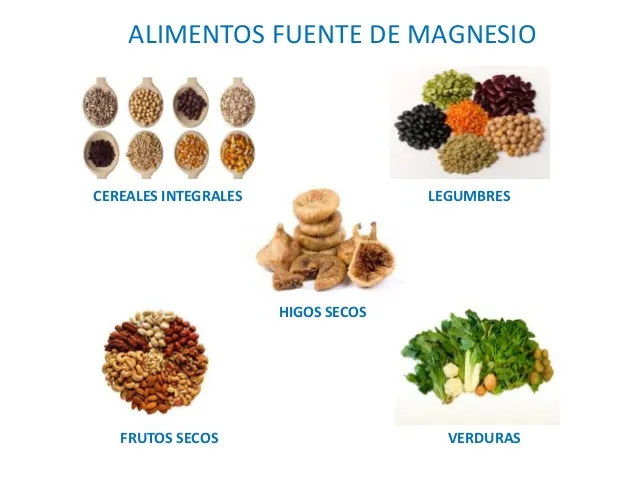A diet rich in magnesium could help reduce the risk of type 2 diabetes, heart disease and stroke, according to the results of a large study that have been recently presented.
Magnesium plays an essential role in glucose metabolism, protein production and DNA synthesis.It can be found in nuts such as nuts, in bitter chocolate, fish, avocados or green leafy vegetables such as spinach.
The results suggest that a diet rich in magnesium has a lower risk of 10% of heart disease, 12% less risk of stroke and 26% less risk of developing a type 2 diabetes
In the macro analysis they also found that an extra newspaper of 100 milligrams (mg) of magnesium could reduce the risk of stroke by 7% and type 2 diabetes by 19%.The conclusions have been extracted from data from more than one million people in nine countries.
In the mid -2016, the European Food Security Authority established the appropriate 350 mg / day intake for men and 300 mg / day for women.For children, consumption varied from 170 to 300 mg per day depending on age.
However, despite these recommendations the deficiency of this ingredient is common.It is estimated that the average intake of magnesium in the world is only 30% of the recommended.
The macro study on the diet rich in magnesium
Researchers at the University of Zhejiang and the University of Zhengzhou in China used the data of 40 studies carried out between 1999 and 2016.
"Low magnesium levels in the body have been associated with a variety of diseases, but there are no conclusive evidence has been presented at the link between magnesium and diet health risks," said Dr. Fudi Wang, author, authormain and researcher at the School of Public Health at the University of Zhejiang.
Previous studies suggested that magnesium consumption is associated with a lower incidence of cardiovascular disease and type 2 diabetes.However, these studies varied in sample size and intake, which means that there are inconsistencies in the literature.
The research found that magnesium improved insulin sensitivity and glucose control in both subjects with diabetes and without diabetes.


